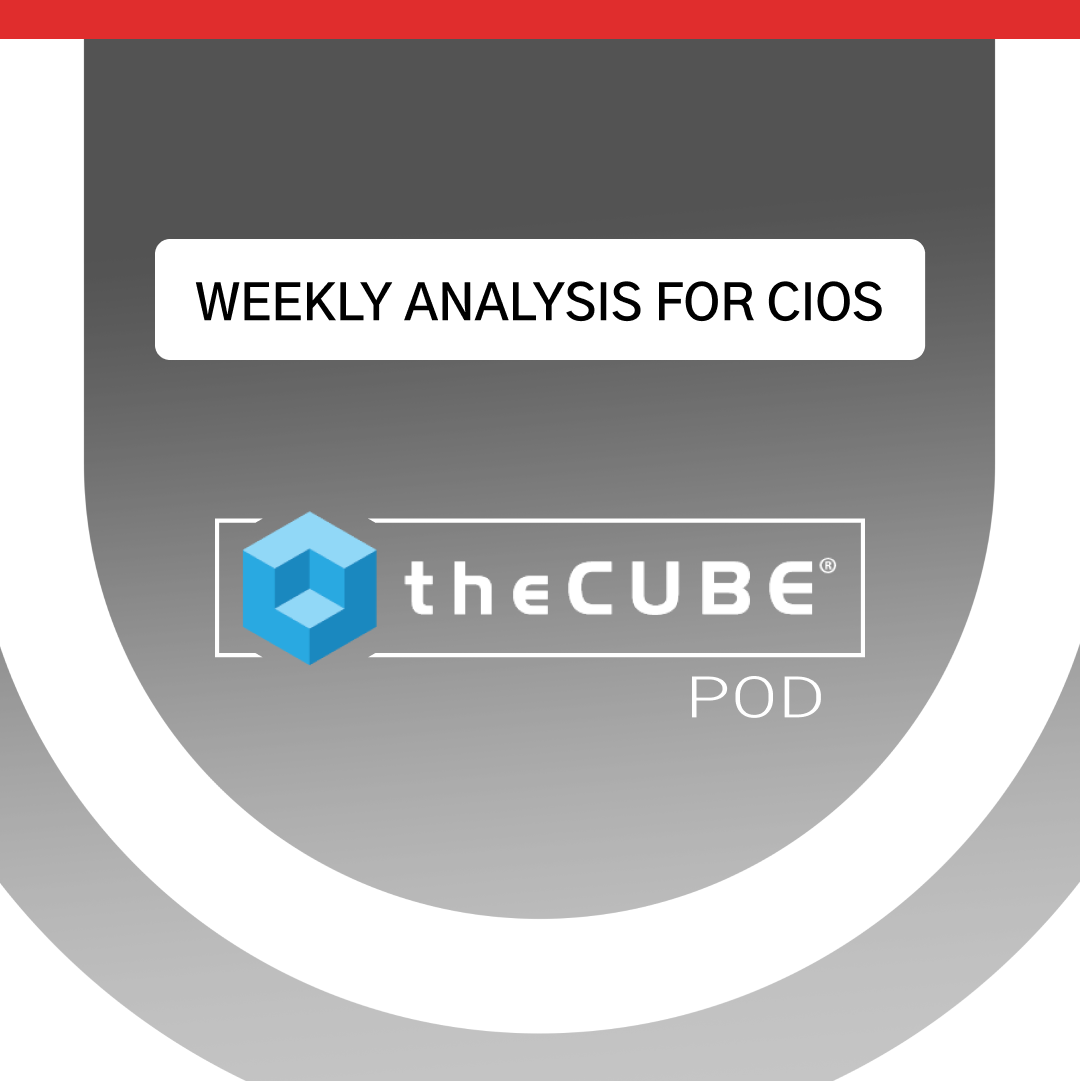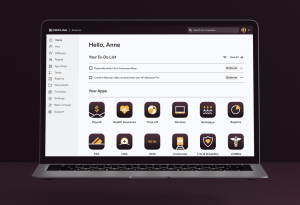Octoblu emerges from stealth to ‘translate’ the Internet of Things
![]() While all the big companies seem to be going about the Internet of Things in their own way, little ol’ Octoblu is bidding to become the translator between the various protocols that connect all of those smart little ‘things’.
While all the big companies seem to be going about the Internet of Things in their own way, little ol’ Octoblu is bidding to become the translator between the various protocols that connect all of those smart little ‘things’.
Octoblu emerged from the shadows yesterday, with a play that seems to be targeted at the Industrial Internet rather than consumer IoT. It’s main offering is something called Meshblu, a platform it says “can be used for the discovery, control and management of any API [application performance interface]-based software application, any hardware or appliance, or social media network.”
In layman’s speak, what that really means is Meshblu acts a kind of translator for the numerous different protocols and APIs used by Internet of Things’ things. It can also act as a data broker service, relaying information between different devices and apps.
The idea is to create a single platform that spans across the multitude of devices and apps, protocols and languages that make up the IoT. The biggest challenge it faces is getting all of these connected things to communicate without any limitations or problems.
“How do you get this … world integrated without having a whole bunch of silos?” Octoblu CEO Geir Ramleth asked eWeek. “Right now you have a lot of things happening, but it’s happening in a bunch of proprietary silos.”
It’s a big hurdle to overcome, but a translator does make sense when you have so many devices already that are speaking their own proprietary languages. This is exactly why companies like Qualcomm, LG and Google’s Nest are trying to standardize protocols with the formation of groups like the Allseen Alliance.
Whether or not these efforts work remains to be seen, but even if they do, Ramleth argues that problems will remain. For example, new connected devices will still need to be able to talk to older legacy systems. “You can’t connect the old world by having a new protocol,” he says.
Here’s how Meshblu works in the real world: Imagine you’re building a smart home, and you have sensors on the windows monitoring the temperature inside and outside, with a goal of saving energy. This data won’t do much by itself, because it has to be tied to a system inside the home that regulates the temperature. The system could also benefit from being able to read weather forecasts, and other data, but it won’t be able to understand this incoming data if it speaks a different language. That’s where Meshblu can help, by translating the data and spreading it across all the different sensors and devices that make up the system.
Octoblu claims a number of beta users in the agricultural, energy, industrial control systems and manufacturing sectors, though Meshblu won’t be released commercially until later this year.
The company has posted a demonstration of its software for Google Chrome users here.
photo credit: Tony Fischer Photography via photopin cc
A message from John Furrier, co-founder of SiliconANGLE:
Your vote of support is important to us and it helps us keep the content FREE.
One click below supports our mission to provide free, deep, and relevant content.
Join our community on YouTube
Join the community that includes more than 15,000 #CubeAlumni experts, including Amazon.com CEO Andy Jassy, Dell Technologies founder and CEO Michael Dell, Intel CEO Pat Gelsinger, and many more luminaries and experts.
THANK YOU













